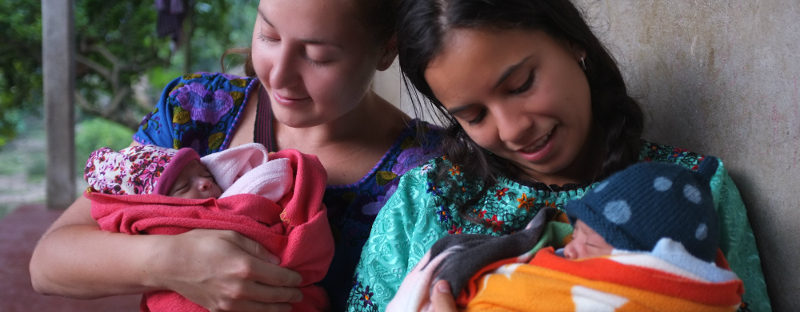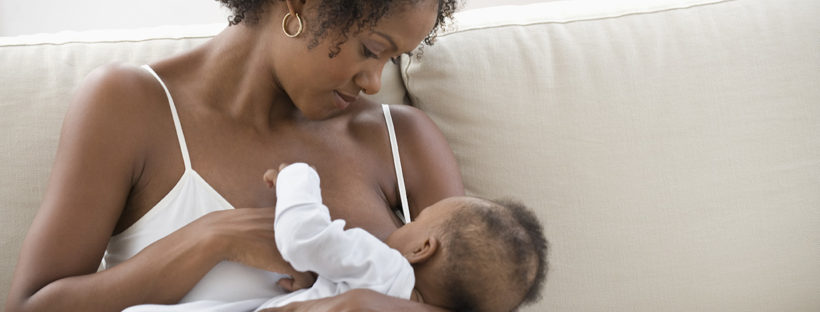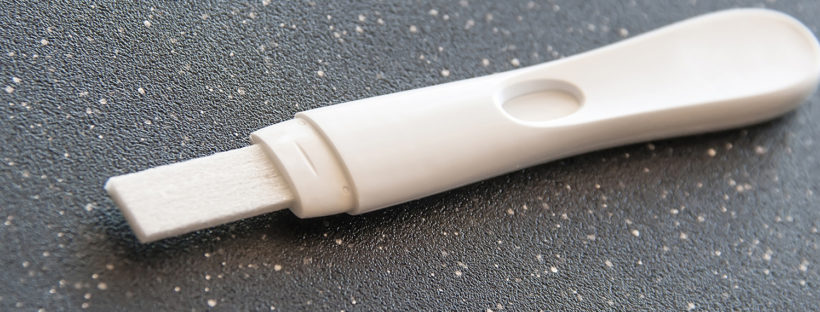By Evgeniya Larionova
“We may have different religions, different languages, different colored skin, but we all belong to one human race”. –Kofi Annan (Ghanian Diplomat, 7th UN Secretary-General, 2001 Nobel Peace Prize winner)
What is exactly childbirth? Some people compare it to a miracle, a heroic act, or a surge of love accompanied by strenuous and intense hours of labor. It’s absolutely one the most unique experiences that can happen to a woman’s body. The time when she is particularly vulnerable and in need of much support and care.
For me, a nurse practitioner student on labor and delivery floor at Massachusetts General Hospital, witnessing childbirth was something that I would never forget. Thrown into the action on a first clinical day, I had mixed feelings of joy, excitement and a slight nervousness. I felt extremely privileged and grateful to witness a natural delivery and I was hoping to help a future-to-be mom during the process.
From the morning report I found out that the woman I was assigned to follow was a recent immigrant from Guatemala who belongs to the indigenous Mayan population. Mayan was the patient’s native language but she was also able to understand Spanish. Her husband had been residing in the United States for 5 years. She moved here a year ago and the family has finally reunited.
My patient was accompanied by a traditional nurse midwife known as comadrona. Comadronas are trusted women leaders in their communities who accepted a spiritual calling. They usually don’t receive any formal training but have years of experience delivering babies. Comadronas regard birth as a natural process and rely heavily on God and prayers. The nurses established a plan of care recognizing my patient’s spirituality and personal support system. The Mayan midwife was present during labor and helped with comfort measures. The nurses also invited a qualified interpreter.
When I entered the room, a nurse and a midwife, along with the comadrona, surrounded the tiny woman. One of the nurses was checking her vital signs and the nurse-midwife was encouraging the woman to take slow deep breaths and relax. The comadrona, wearing a traditional colorful embroidered dress, was gently massaging her back. The room was dimly lit and the scent of fresh lavender floated in the air. My patient’s contractions were increasing steadily and were becoming more regular. This was active labor –she was ready to give birth.
The whole atmosphere struck me. There was no other language present in the room but the language of trust, respect and compassion between these women. I immediately wanted to become connected with what was happening- just by holding this woman’s hand and talking to her.
Reflecting back on this experience, I understood that nurses not only created the environment that made this woman feel comfortable and that was respectful of her spirituality but that the environment also had a significant impact on the labor and birth process. Although childbirth is unique and at the same time a unifying biological event for any woman; providing therapeutic communication, physical, emotional, spiritual care and comfort during the labor process is crucial.
The comadrona shared her knowledge and experience with the American nurses. It was important for my patient to have a traditional midwife near the bedside who comforted and prayed with her. There was interplay between modern and traditional medicine that contributed to the positive outcome. Nurses in this particular case were not only culturally sensitive and able to understand cultural values, beliefs and attitudes of clinicians and patients, but also culturally competent and had knowledge, capacity and skills to provide high-quality care (Jernigan et al, 2016).
It’s essential for any nurse in such a unique, heterogeneous country like the United States to be cognizant and open-minded of cultural diversity and the patient’s cultural perspectives. I will take this amazing experience to my future nursing practice and strive to always treat my patients with dignity, respect and compassion. I also hope to continue to integrate a holistic model and culturally sensitive care into our modern childbirth practices.
This woman gave birth to a beautiful baby daughter whom she named after a nurse taking care of her during her labor and birth.
Additional Resources & References
http://prontointernational.org/
https://he-he.org/en/
http://www.mayamidwifery.org/
http://midwivesformidwives.org/guatemala/
http://www.birth-institute.com/study-abroad-guatemala/
http://www.acog.org/
Jernigan, V. B. B., Hearod, J. B., Tran, K., Norris, K. C., & Buchwald, D. (2016). An Examination of Cultural Competence Training in US Medical Education Guided by the Tool for Assessing Cultural Competence Training.Journal of Health Disparities Research and Practice, 9(3), 150–167.
 Evgeniya Larionova received her Bachelors of Science in Nursing from MGH Institute of Health Professions. She is a founder and an Artistic Director of AMGITS Drama&Poetry Club at the Boston Living Center. She is a member of the student Leadership Committee of the Harvard Medical School Center for Primary Care. Evgeniya is passionate about infectious diseases, community health and integrating holistic care in modern practices. In her spare time she plays in the Russian theater, enjoy reading, playing the guitar and hiking.
Evgeniya Larionova received her Bachelors of Science in Nursing from MGH Institute of Health Professions. She is a founder and an Artistic Director of AMGITS Drama&Poetry Club at the Boston Living Center. She is a member of the student Leadership Committee of the Harvard Medical School Center for Primary Care. Evgeniya is passionate about infectious diseases, community health and integrating holistic care in modern practices. In her spare time she plays in the Russian theater, enjoy reading, playing the guitar and hiking.



 There is a moment after labor when you realize that not only is your sweet little baby a patient, but that you are too. At least for me, that was something that hadn’t really registered. On the day that my little baby girl Isla was born I very quickly began to understand we would both need a ton of care in the hospital and at home.
There is a moment after labor when you realize that not only is your sweet little baby a patient, but that you are too. At least for me, that was something that hadn’t really registered. On the day that my little baby girl Isla was born I very quickly began to understand we would both need a ton of care in the hospital and at home.


 Danni Starr
Danni Starr








 Aimee Poe is an experience specialist at Verizon. She loves playing video games, watching movies, hanging out with her family, and flexing her creative muscle with various projects.
Aimee Poe is an experience specialist at Verizon. She loves playing video games, watching movies, hanging out with her family, and flexing her creative muscle with various projects.

